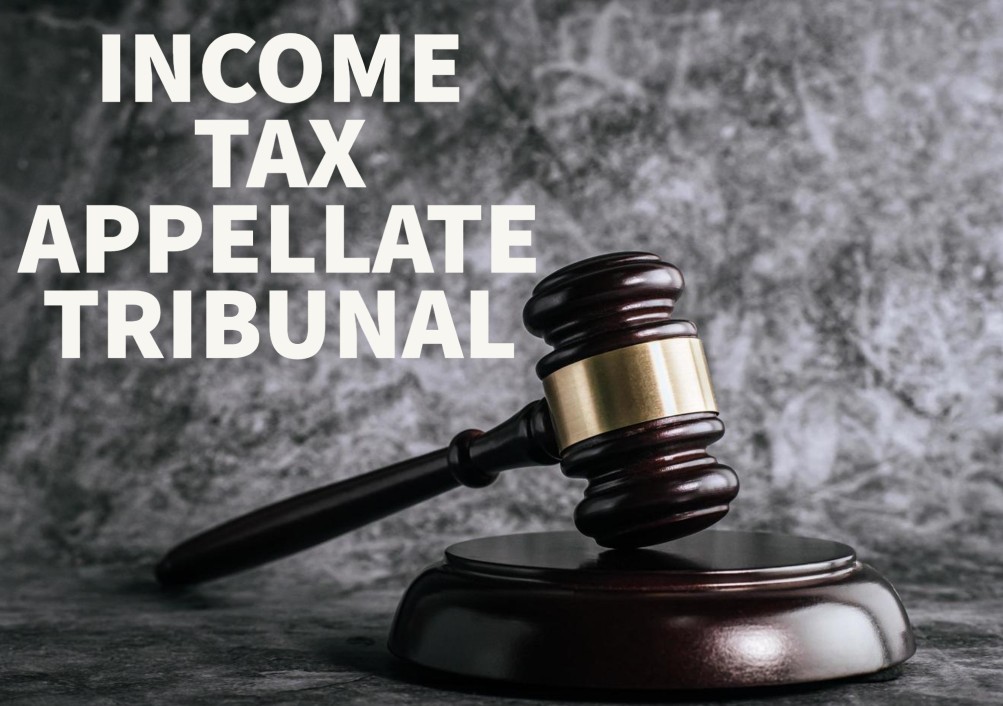In ITA No.74/PUN/2023 - ITAT – Capital Gain calculation not based on gross receipts, clarifies ITAT (Pune)
Members R.S. Syal (Vice President) & Partha Sarathi Chaudhury (Judicial) [30-05-2023]

Read Order: Bhausaheb Sopanrao Bhoir v. ITO
Chahat Varma
New Delhi, June 1, 2023: The Pune bench of the Income Tax Appellate Tribunal has held that capital gain does not refer to taxing the gross receipt. The Tribunal referred to Section 48 of the Income Tax Act, which provides the mechanism for computation of capital gain, i.e., the cost of acquisition of the asset and cost of any improvement should be reduced from the full value of consideration, in addition to the expenditure incurred wholly and exclusively in relation to the transfer.
In the matter at hand, the assessee had raised an additional alternative ground contending that deduction of cost of acquisition should be given in the computation of the capital gain. Further, in the said case, the Assessing Officer (AO) had added a sum of Rs. 4,95,37,200/- to the assessee's income, invoking the provisions of Section 56(2)(vii)(b) of the Income Tax Act. This was based on the AO's observation that soon after purchasing the land, the assessee entered into an agreement to sell it and hence the assessee’s claim that the purchase was not complete, was wrong.
The bench comprising of R.S. Syal (Vice President) and Partha Sarathi Chaudhury (Judicial) noted that the AO had computed the capital gain at the gross value of the stamp value without allowing any deductions towards the cost of acquisition and cost of improvement. Therefore, the bench directed the AO to consider the deduction towards the cost of acquisition while computing the capital gain in accordance with the law.
The bench further noted that in this case, a registered agreement to sell was executed between the assessee and the sellers, with proper documentation including photographs and thumb impressions of all parties involved. Based on this evidence, the bench rejected the assessee’s contention that the sellers were not the real owners of the land. Furthermore, the fact that the assessee had simultaneously agreed to sell the same property to another person on the same day provided further proof that the land was indeed purchased by the assessee at the declared consideration of Rs.1.85 crore. The bench held that Section 56(2)(vii)(b) of the Income Tax Act was applicable in this case, which mandated adding the difference between the stamp value and the declared purchase consideration in the hands of the assessee.
Sign up for our weekly newsletter to stay up to date on our product, events featured blog, special offer and all of the exciting things that take place here at Legitquest.




Add a Comment